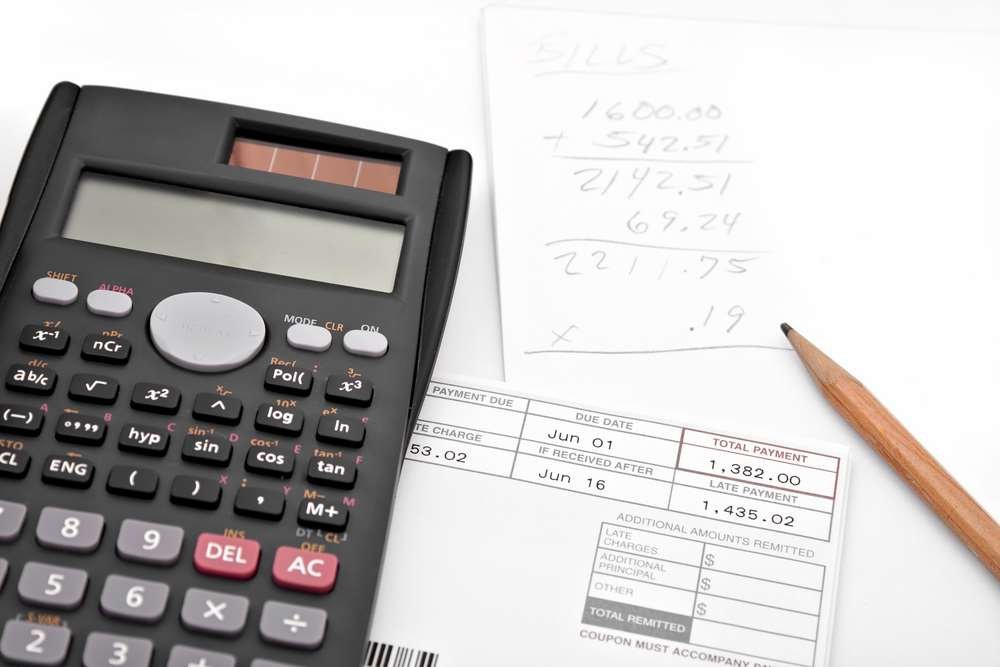Do You Know What Your Tax Code Means?
Published by Gbaf News
Posted on June 26, 2019
4 min readLast updated: January 21, 2026

Published by Gbaf News
Posted on June 26, 2019
4 min readLast updated: January 21, 2026

What Do Tax Codes Mean and How Can You Tell Whether Yours is Correct?
Millions of payslips are issued each month and most taxpayers will be used to seeing the collection of numbers and letters which make up a tax code. However, many people are unaware of what that code means and consequently will not be able to determine whether their tax code is correct. Each year, millions of tax code errors occur and left uncorrected can cost thousands in overpaid tax each year. Tax preparation specialist and director of DSR Tax Claims Ltd explains how HMRC determines your tax code and how they calculate how much tax should be deducted from your income.
Tax codes are used by your employer or pension provider to work out how much tax to deduct from your income, whether wages or pension. Unless you are wholly self-employed, unemployed or receive the state pension only, you will have a tax code which is issued by HMRC. However, because tax codes can change throughout a tax year due to changes in employment or personal circumstances, millions of tax code errors occur each year. Redfern stated “Because your tax code tells your employer or pension provider how much tax is to be deducted, even small errors can cost you hundreds of pounds over the course of a tax year. But because people very often have no idea what their tax code signifies, they also have no idea whether it is the correct tax code for their circumstances. Tax code errors are incredibly common but pretty simple to rectify once spotted and any overpaid tax will be refunded”.
Most tax codes are made up of a number and a letter, the most common tax code for tax year 2019/20 being 1250L. The number refers to the personal tax-free allowance that the taxpayer is entitled to earn before being subject to income tax and is set for the current tax year at £12,500 (the last digit is removed in a tax code making 1250). If you receive any taxable benefits or are repaying underpaid tax from a previous year, your personal allowance may be reduced. The letter denotes your personal situation. Redfern explained “L means that there are no special circumstances which impact on your personal allowance so you can earn your full personal allowance before any income tax is deducted. If your tax code ends with an M, it means that you are receiving a transfer of your partner’s personal allowance through Marriage Allowance and your partner’s tax code will end with an N to denote that they are transferring a part of their allowance to you. Those ending with T signify that further calculations need to be made to work out your Personal Allowance, perhaps because you earn more than £100,000 and are therefore not entitled to the full Personal Allowance”. Other tax code letters include BR, which means that all of the income for that particular job or pension is to be taxed at the basic rate, usually because it is a secondary employment or pension. 0T signifies that the taxpayer has used all of their Personal Allowance, whereas NT signifies that no tax is to be deducted. Scottish taxpayers will have a tax code suffix beginning with S, while Welsh taxpayers should see that their tax code suffix begins with C.
Emergency tax codes are denoted by the suffix W1, M1 or X and mean that the employer or pension provider does not have enough information to determine which tax code to be applying, usually due to a change in employment. These tax codes are used until HMRC informs them of the correct tax code to be used. Redfern stated “Emergency tax codes usually mean that you will be paying more tax than you should while your employer or pension provider and HMRC calculate your correct tax code. In these instances, once the correct tax code is known, any overpaid tax is usually refunded through your salary or pension. However, as happens in more cases than HMRC might like to admit, tax code errors slip through the net so it is essential that you are aware of your tax code and how your circumstances might affect it, such as any taxable benefits you might receive from your employer as you might be overpaying by thousands each tax year, or worse, find that you haven’t been paying enough tax which you will need to repay once HMRC discover the error”. Tax codes can be checked by via the HMRC website.
Explore more articles in the Finance category
